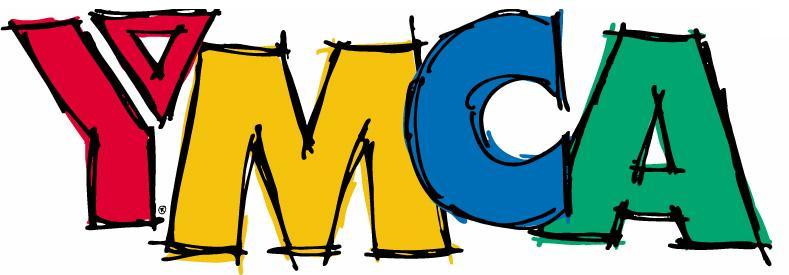 An "odd couple" is how the New York Times described the pairing of insurer UnitedHealth and community fitness center chain YMCA.
An "odd couple" is how the New York Times described the pairing of insurer UnitedHealth and community fitness center chain YMCA.
In an effort to prevent members from developing diabetes, UnitedHealth Group announced this week that it would pay for 16-week at the YMCA that explain how changes in eating, exercise and other lifestyle habits can help prevent Type 2 diabetes. The program is free for any UnitedHealth member who lives where the program is offered and who receives coverage through the employers. The initiative is not solely preventative, United is also working with Walgreens' pharmacists to teach people how to better manage diabetes.
Given the health reform law's decree that insurers cover patients regardless of their medical conditions, many believe preventative care programs like UnitedHealth's could become a common trend among payer groups. YMCA coaches get paid based on performance -- they get paid more for recruiting participants and for helping them lose greater amounts of weight. According to UnitedHealth, studies show pre-diabetes patients can prevent or delay their likelihood of developing diabetes by 58 percent if they attend such classes, change their eating habits, exercise more and lose about 5 percent of their body weight.
UnitedHealth will roll out the program in select locations: Cincinnati, Columbus, Dayton, Indianapolis, Minneapolis, Phoenix and Tucson are the first seven cities.
"Measure, predict, prevent and manage." Those were the four words Mohr Davidow Ventures General Partner Michael Goldberg presented at our Everywhere Healthcare event as the four pillars of personalized medicine. They are certainly key for connected health and wireless health services. And they each apply here:
UnitedHealth is using its own database member health information to determine who among their members are pre-diabetic and encouraging them to join a program -- while that practice has received some criticism on Twitter -- it's certainly covers the "measure" and "predict" facets. The YMCA programs are clearly preventative and UnitedHealth's deal with Walgreens is for managing the disease.
Plenty of room for connected health devices and services between these programs, right?
Read on here for more from the article from the New York Times












